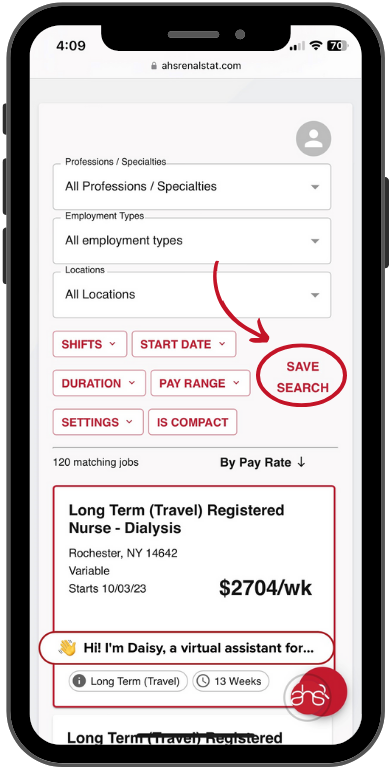Some suggest women should be back on the research agenda
Should a nephrologist start an osteoporotic post-menopausal transplant patient on hormone replacement therapy? What is the risk of breast cancer in a woman on chronic dialysis? Should she get a yearly mammogram? Does a 35-year-old woman with chronic kidney disease (CKD) have the same cardiovascular risk as a man? Why are women referred less frequently for fistula placement and kidney transplantation?
No answers? I don’t have them either. Unfortunately, in the past few years, very few studies have looked at issues regarding gender and CKD, and of most concern, looking at response to therapy.
In almost all studies and in recommendations for care, including guidelines from the Kidney Disease: Improving Global Outcomes (KDIGO) foundation and the Kidney Disease Outcomes Quality Initiative (KDOQI), there are no specific recommendations made based on gender.
At the National Kidney Foundation (NKF) Spring Clinical Meetings, Mitton et al from State University of New York Downstate Medical Center in Brooklyn and the NKF of Greater NY, reported the findings of a survey of 300 kidney disease professionals from throughout the United States, Canada, and the Caribbean, showing a universal self-perceived lack of knowledge regarding women’s health issues in CKD, including use of hormone replacement therapy, treatment of osteoporosis and menstrual disorders, and gender disparities in care.
In addition, a review of the 394 posters presented at the same meeting revealed only four (1%) addressing any issue related to gender, including the observation by Molnar et al from Harbor-UCLA Medical Center that women are referred later for initiation of dialysis after failed transplant.
It is time for the NKF and the International Society of Nephrology to focus on gender difference in CKD, dialysis, and transplantation, and develop guidelines for care, following in the footsteps of the American Heart Association, that has published specific guidelines on the prevention of cardiovascular disease in women (Circulation 2011:123:1243-1262).
Women make up at least half, if not more, of patients with CKD. It is time for us to put gender back on the agenda, both in research and in patient care. ~renalandurologynews.com~


